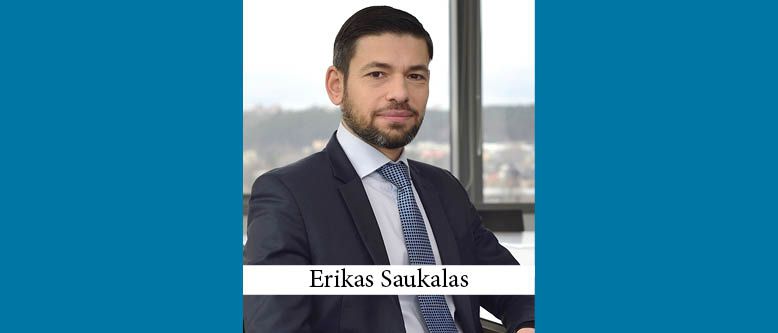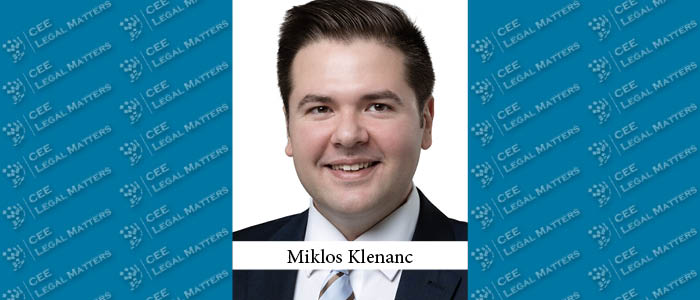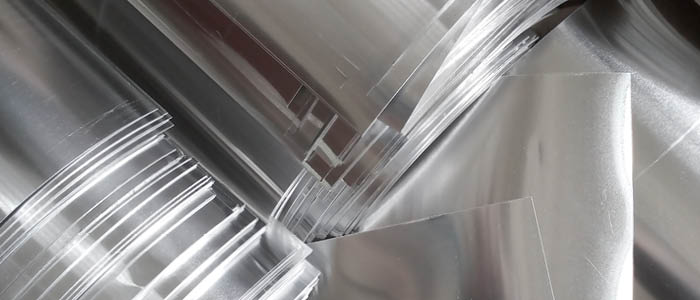“There was a very big scandal few weeks ago that involved top Lithuanian judges getting detained in an anti-corruption crackdown,” says Metida Partner Erikas Saukalas, referring to the eight judges from the country’s Regional Court, Court of Appeal, and Supreme Court who were arrested at the end of February. The arrests were apparently made, Saukalas reports, following the discovery that the judges had accepted bribes ranging from EUR 1000-100,000 in criminal, civil, and administrative cases. Saukalas describes the case as “a huge disappointment for our society.”
In happier news, the beginning of the year also saw the January 1, 2019 coming into effect of a new Trademark Law. According to Saukalas, the new law abolishes the requirement of graphic representation, provides for certification marks as a new kind of trademark, changes the procedure of trademark registration, and requires a pre-trial procedure. The new Trademark Law implements provisions of EU Directive 2015/2436. “As a result we have a law which is harmonized with EU regulations, and our proceedings are becoming more efficient,” he says, noting that in the past in Lithuania registering a trademark could take a year, while under the EU regulations the process takes only four months. “I think with the new law we can get same results in Lithuania,” he says.
In addition, Saukalas says, whereas previous efforts to validate trademark registrations had to made by filing claims in court, now the patent office is empowered to provide that service, which should reduce courts' workloads. Additionally, the new law allows for the registration of different types of marks, including non-traditional marks such as holograms, motions, or sounds. “This new law is a modern law adapted to the digital environment and tries to make procedures effective,” he notes.
The new law has resulted in an increase of trademark fees, although Saukalas claims that “the increase is not significant, and it does not mean the service is not attractive overall.” The law also requires that changes be made to other regulations, and Saukalas says that, due to the lack of practice and case law in Lithuania, some situations remain unclear. “Quite often, we consult with the patent office about the application of provisions of the new law, but sometimes even the patent office does not have an answer,” he sighs.
Finally, Saukalas mentions the upcoming presidential election in Lithuania scheduled for May 12, 2019. Among the candidates is current Prime Minister Saulius Skvernelis. Saukalas reports, “if he becomes president, I do not think there will be major changes.” Although he suggests that “two other candidates have an economic background, and maybe they will try to make our lives better,” ultimately, he says, “life will more or less be the same.”



























